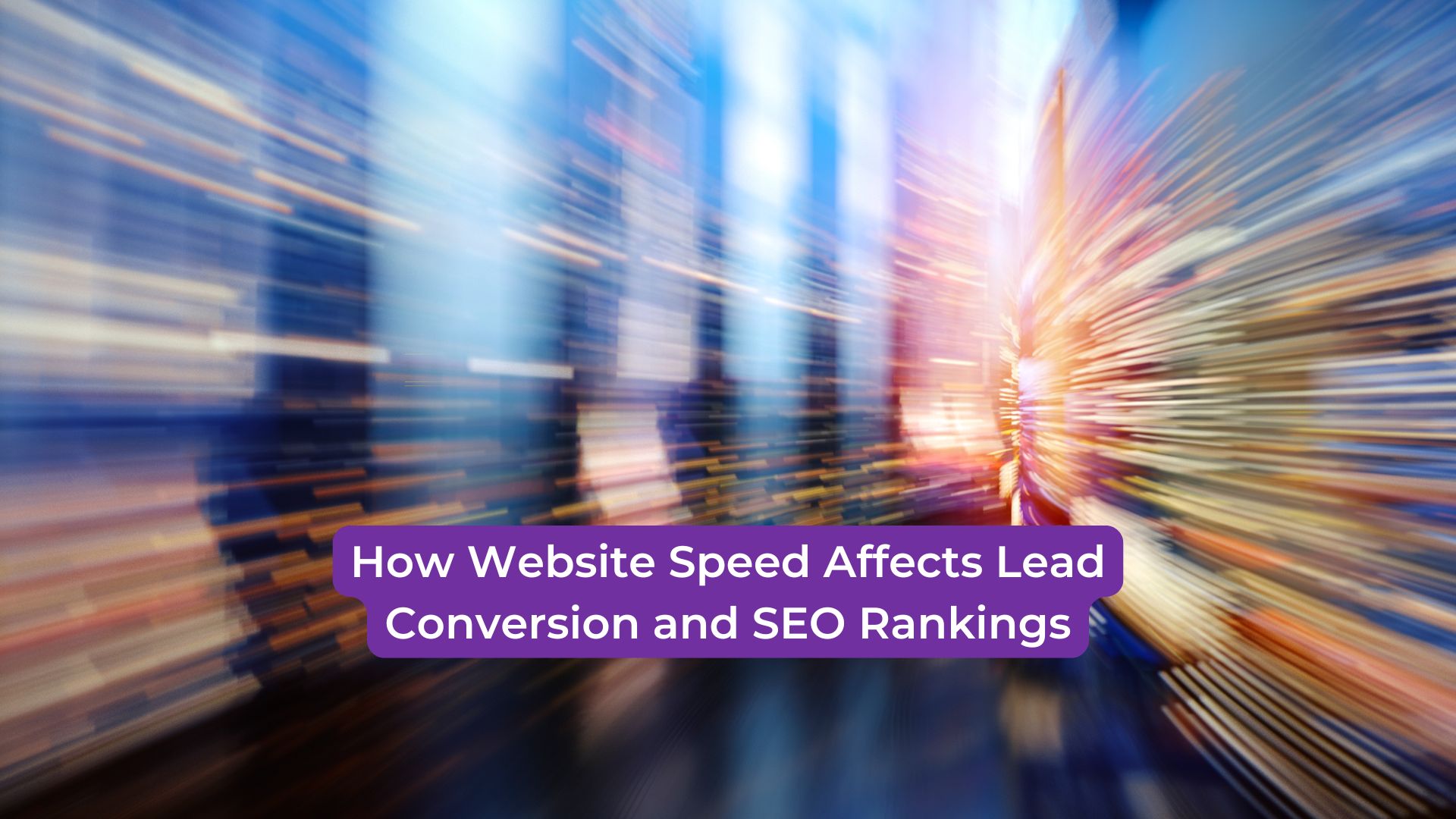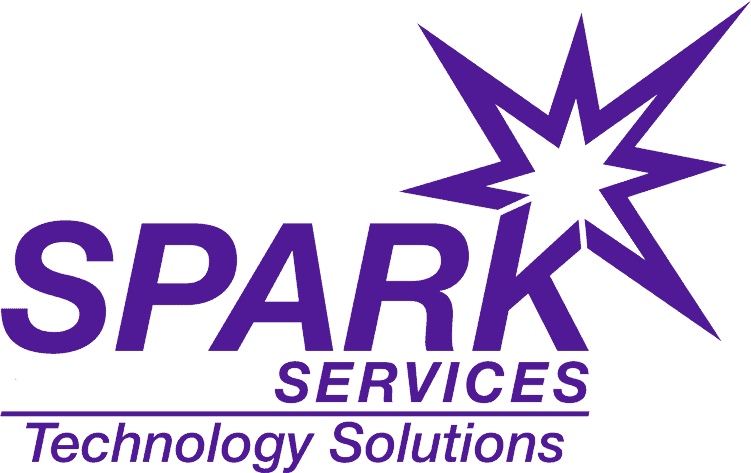
In today’s digital world, users expect instant results. Whether browsing a product, filling out a form, or booking a service, visitors make quick judgments about your business based on how fast your website loads.
A delay of even a few seconds can cost you valuable leads, customers, and search visibility.
This is where website speed becomes a crucial factor in both lead conversion and SEO rankings. It’s not just about aesthetics or functionality it’s about performance.
The faster your website loads, the better your chances of ranking higher on Google and turning visitors into paying customers.
Let’s explore how website speed affects lead conversion and SEO rankings, and why optimizing your site’s performance should be a top priority.
The Science Behind Website Speed
Website speed refers to how quickly your website’s content loads when someone visits a page. From the moment a user clicks a link to the time your page fully displays, every millisecond counts.
Google research shows that if a page takes longer than three seconds to load, more than half of mobile users will leave. That means potential leads are abandoning your business before even seeing your content.
Fast websites deliver a smoother, more engaging user experience. Search engines reward these sites because they help users find information quickly and efficiently. This connection between website speed, lead conversion, and SEO rankings is now stronger than ever.
How Website Speed Impacts Lead Conversion
Imagine this: a visitor clicks on your ad or link, eager to learn more. But your page takes too long to load. Within seconds, they close the tab and move on to a competitor. That’s a lost lead.
Studies consistently show that slow load times decrease user satisfaction and conversion rates. For example:
- A 1-second delay in load time can reduce conversions by 7%.
- A 3-second delay can cause 40% of visitors to abandon the site.
- Faster websites build trust and credibility, encouraging visitors to complete actions like sign-ups, inquiries, or purchases.
When it comes to generating leads, first impressions are everything. If your pages load instantly, users stay longer, interact more, and are far more likely to become customers. That’s the real-world connection between website speed, lead conversion, and SEO rankings.
The SEO Side: Why Search Engines Prioritize Speed
Google and other search engines want to deliver the best possible experience for their users. That’s why website speed is now a confirmed ranking factor. Slow websites frustrate users, increase bounce rates, and signal poor quality all of which harm your SEO performance.
Here’s how website speed affects SEO rankings:
- Crawl Efficiency: Faster websites allow search engines to index more pages in less time.
- Lower Bounce Rates: Users stay longer, reducing the bounce rate a positive signal for Google.
- Core Web Vitals: Google’s ranking algorithm includes metrics like Largest Contentful Paint (LCP) and First Input Delay (FID), both related to page speed.
- Mobile Performance: With mobile-first indexing, speed on mobile devices has become even more critical.
A faster site doesn’t just please search engines it keeps visitors engaged, boosting both lead conversion and SEO rankings simultaneously.
How to Improve Website Speed
If your website feels sluggish, there are several ways to optimize it:
- Use a reliable hosting provider with fast server response times.
- Compress images to reduce page size without losing quality.
- Enable browser caching so repeat visitors experience instant loading.
- Use a Content Delivery Network (CDN) to serve content from the nearest location.
- Minimize plugins and scripts that slow down your site.
- Optimize your code by removing unnecessary CSS and JavaScript.
These small adjustments can dramatically improve website speed, directly enhancing lead conversion and SEO rankings.
The Business Impact of a Faster Website
Speed is more than a technical metric it’s a business driver. A fast website improves user experience, boosts engagement, and strengthens your online reputation. Companies that prioritize website speed often see:
- Higher lead generation rates
- Improved SEO visibility
- Lower bounce rates
- Stronger brand credibility
In the digital marketplace, the fastest site often wins. That’s why optimizing for website speed isn’t an option; it’s a necessity for growth.
Conclusion: SPARK Services – Powering Performance for Success
At SPARK Services, we understand how website speed affects lead conversion and SEO rankings and we have the tools to fix it. Our web development and hosting solutions are built for performance, security, and scalability.
We optimize loading times, streamline server response, and ensure every client website delivers lightning-fast experiences.
When you partner with SPARK Services, you’re not just getting a website you’re getting a conversion machine designed to rank higher, load faster, and retain more leads. In a digital world where every second counts, SPARK keeps your business ahead of the curve.



